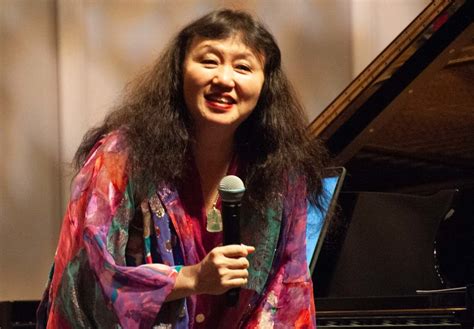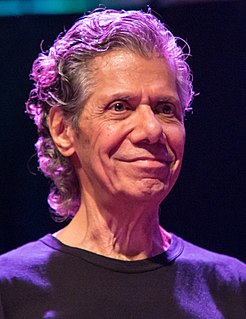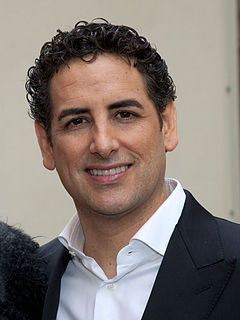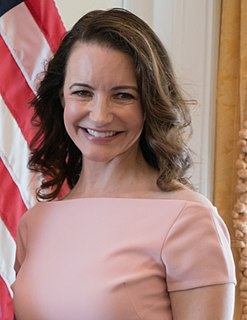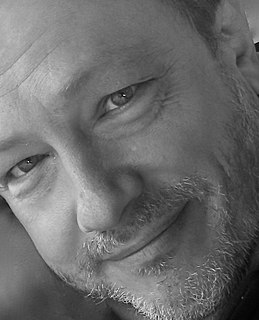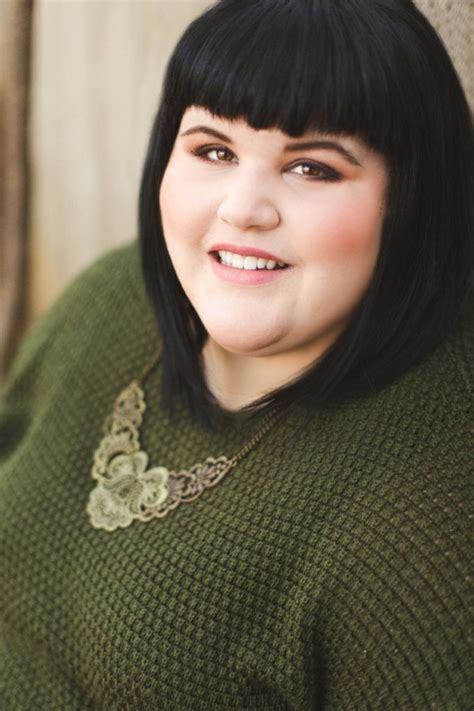A Quote by David Finckel
Even if you are a pianist, your concerto repertoire is very limited compared to what your chamber repertoire would be if you were a chamber music pianist.
Related Quotes
I consider the first 20 performances just learning the piece. Think about it this way: If you think about a pianist who plays a Schubert sonata through his whole lifetime - if you listen to Rubenstein or Horowitz playing their repertoire later in their life, you understand the richness with which they play that music, and how differently they must have played it when they were younger.
Whenever I record something, I always believe that it's worthy of inclusion in the pantheon, and I would certainly like pianists to pay more attention to it. I think it's ridiculous now, because the range of repertoire - or what's considered 'safe' - is so narrow, even though there are pianists who are really trying to push the envelope. There is still a lack of attention, and there's no reason for it. The piano repertoire is so rich, with so many wonderful things that still are not given their due.

